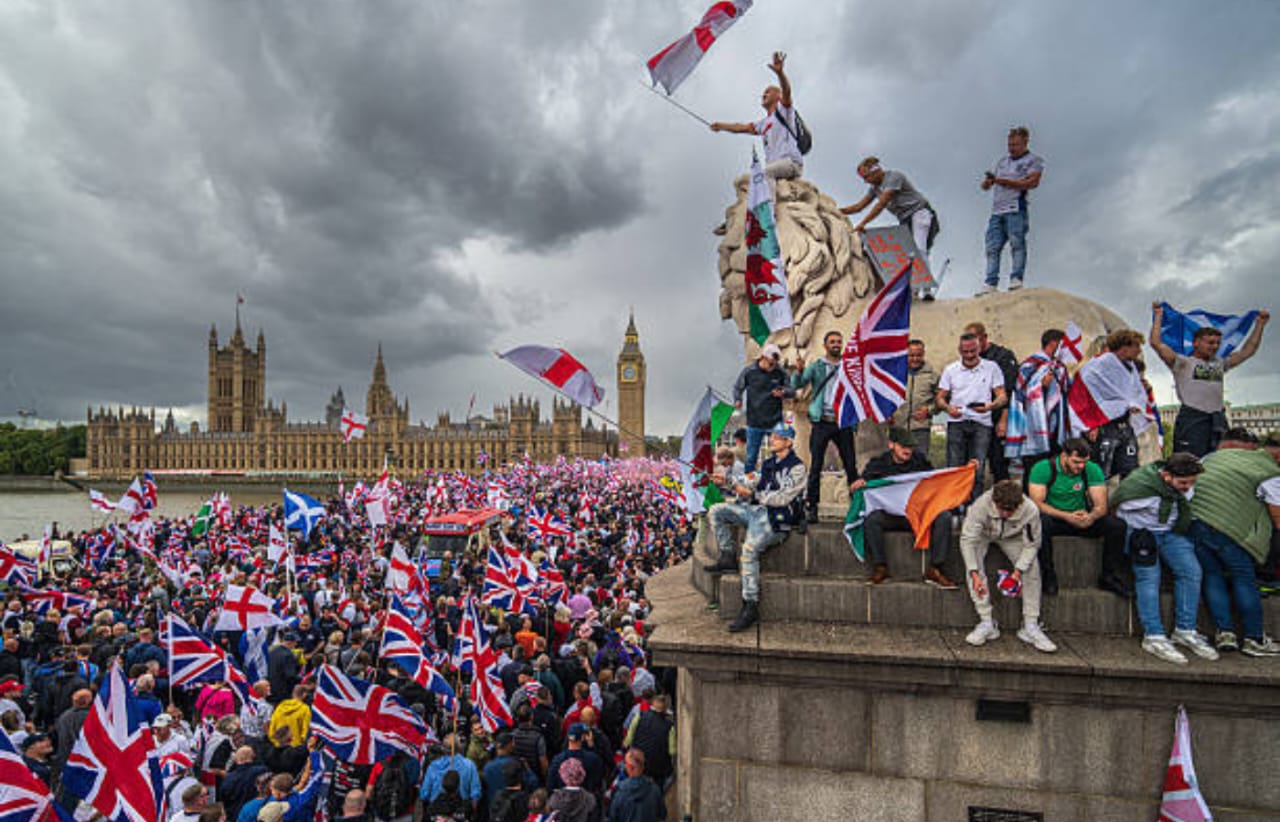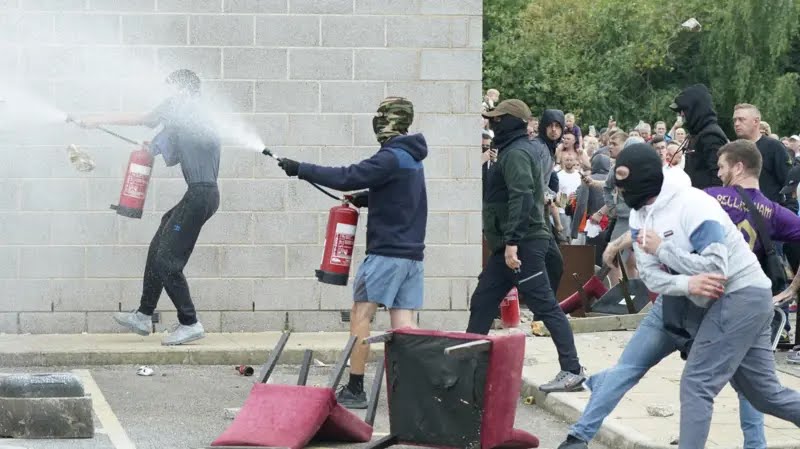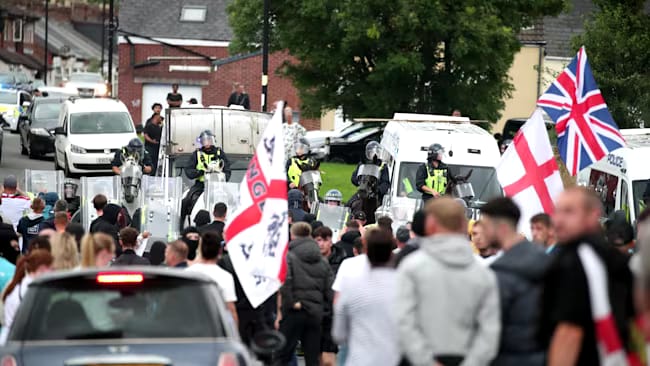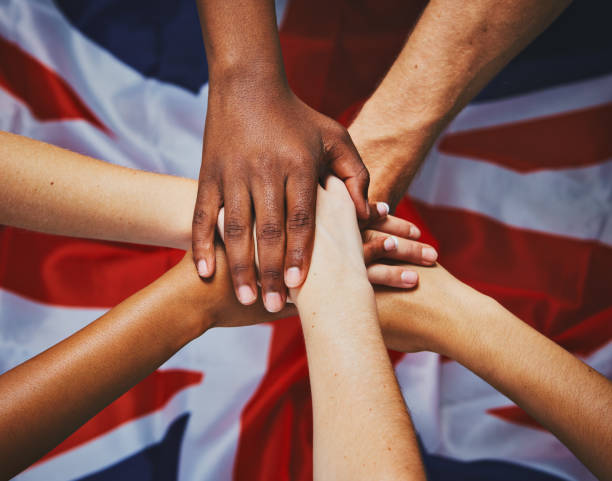

Hate crimes driven by religion have reached their highest level on record across England and Wales, with new Home Office figures showing a rise in faith-based offences following last year’s Southport unrest. Communities say tensions are growing, and many no longer feel safe in public as online hate continues to spill into real life.
Police recorded 7,164 religion-related offences between April 2024 and March 2025 , a 3% rise from the previous year’s total of 6,973. It’s the highest number ever recorded, and that doesn’t even include London’s Metropolitan Police, whose data wasn’t available due to changes in how they report crimes.
For many communities, the impact is being felt far beyond the numbers. People say the streets no longer feel the same, and what used to be casual glances now feel like open hostility.
Officials say the rise shows how quickly online anger and misinformation can spill into real life. The figures revealed a clear spike in offences last summer after the Southport tragedy, when three children were stabbed to death during a Taylor Swift-themed dance class.
The murders left the country in shock, but what followed turned grief into division. Within hours, false claims started spreading online that the attacker was a Muslim and an asylum seeker. Those lies sparked days of violence.
Within a week, protests and riots had broken out in more than 30 towns and cities across England. Police made over a thousand arrests as far-right groups clashed with officers and religious communities were targeted in the streets. The Home Office said that week alone saw a major rise in hate crimes reported to police.
Many people say the tension hasn’t gone away. What started as anger online has turned into fear offline.

Abir Ahmed, who works at the Somali Resource Centre in Bristol, says the atmosphere in her city has changed. She told ITV West Country that attitudes towards her community have worsened, with reports of women being spat at and chased out of certain areas.
“I do feel reluctant to leave the house unless I have to,” she said. “I avoid the city centre on weekends because that’s when most of the abuse happens. It doesn’t feel like the old Bristol anymore. It’s such a sad state of affairs.”
Abir says she still has faith in people despite everything. “We’re proud British people,” she said. “I might not look like you, but I’m still as proud as you are. The Britishness within us shows in our manners, in our work, and in the values we live by.”
In Plymouth, Tom Godwin from the Jewish community said safety has become a daily worry. He described how families walking to synagogue have been verbally abused, and how the atmosphere has changed completely.
“What you see online, you see played out in the streets,” he said. “People feel more able to challenge and confront others now. There’s a lot to be upset about in the world, but people need to be careful not to give space to those who just want hate.”

Since the pandemic, hate crime numbers have gone up and down, peaking in 2022 before slowly falling. But this year’s report shows a worrying comeback. Officials say the combination of misinformation, social media anger, and rising political division is fueling hostility between communities.

For people like Abir, the statistics are more than numbers, they’re a reminder that hate is becoming normal again.
“People accepted us when we came here,” she said. “I still believe in that same kindness but right now, it feels like the world’s forgotten who we are to each other.”